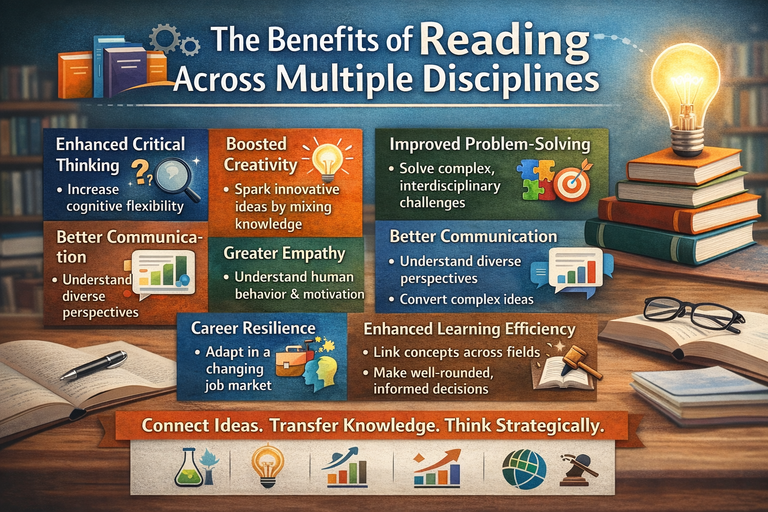Turning a Sports Career into a Book Series
The world of sports is brimming with drama, ambition, triumph, and defeat—elements that make for compelling storytelling. Many athletes have found success not just on the field but also on the page, transforming their careers into book series that entertain, inspire, and educate.
Whether it’s memoirs, autobiographical fiction, or children’s literature, turning a sports career into a book series is an increasingly popular avenue for both publishing success and legacy building. In this post, we explore how athletes and writers collaborate to shape long-form narratives from sports careers and why this trend continues to resonate with readers across generations.
Why Book Series? Longevity and Depth in Storytelling
A single memoir can only go so far in covering the complexities of a sports career. A series, however, allows for a more detailed arc—charting progress, setbacks, personal transformation, and life after retirement. For readers, especially fans, this format creates an immersive experience.
A book series offers:
-
Character development over time
-
Expanded themes beyond the sport itself—mental health, fame, activism, etc.
-
Opportunities for spin-offs like coaching guides, children’s books, or motivational titles
From a publishing standpoint, series also drive long-term sales, brand recognition, and multi-format licensing (film, audio, merchandise).
Memoir Series: Life Beyond the Arena
Some athletes turn their careers into multi-part autobiographical narratives. The first book may focus on their rise—childhood, training, and early wins. A second might dive into controversies, injuries, or activism. A third could explore retirement, reinvention, or mentorship.
Examples:
-
Ronda Rousey’s books go beyond her MMA and judo career to explore resilience and mental strength.
-
Michael Jordan's legacy literature, while not written as a direct series, continues to evolve across multiple books by him and about him.
-
Andre Agassi’s “Open” inspired demand for more in-depth exploration, showing readers want more than just surface-level recounting.
This layered approach humanizes athletes, presenting them as evolving people, not just record-breaking machines.
From Sports to Kids’ Books: Building a Generational Brand
One growing trend is athletes turning their journeys into children’s book series. These books aren’t just marketing tools—they reflect genuine efforts to inspire kids through storytelling.
Popular titles include:
-
“I Am... Series” by Brad Meltzer, which includes books about sports heroes like Billie Jean King and Muhammad Ali.
-
“The Champ Series” by Tiki and Ronde Barber, based on the NFL twins’ own lives and lessons learned on and off the field.
-
“Dream Big” by Deloris Jordan (Michael Jordan’s mother), which centers on values like discipline and perseverance.
These series combine sports themes with core childhood values—teamwork, fairness, effort, and character, ensuring athletes stay relevant for the next generation.
Fictional Series Based on Real Careers
Some authors fictionalize sports careers, turning real experiences into inspired-by stories rather than traditional biographies. These books often explore what the athlete might have done differently, or what happens in a parallel version of their story.
For instance:
-
A basketball star may create a YA series about a kid from a tough neighborhood trying to make the league.
-
A retired soccer player might write novels about a fictional athlete who navigates corruption and fame.
-
A boxer could write a thriller series with a character who fights in the ring—and in the streets.
This opens the door to creative freedom, allowing exploration of dramatic possibilities while still rooted in lived experience.
Collaborations with Ghostwriters and Novelists
Athletes don’t have to go it alone. In fact, most successful book series by sports figures are created in partnership with ghostwriters or co-authors. These professionals help turn stories into publishable content that resonates with diverse audiences.
-
Ghostwriters help structure content, refine voice, and organize timelines.
-
Fiction writers help develop plotlines, emotional arcs, and secondary characters.
-
Publishers often pair athletes with experienced editors to maintain authenticity while crafting compelling prose.
This collaboration ensures that the final product isn’t just readable—it’s engaging, consistent, and marketable as a series.
Expanding the Universe: Spin-Offs and Crossovers
Once the core series is established, athletes can branch out into:
-
Training guides or fitness books
-
Motivational titles on mindset and discipline
-
Cookbooks based on athletic nutrition
-
Business and branding books focused on entrepreneurship or financial literacy
This expands the publishing brand and reaches multiple segments of readers—from sports enthusiasts to entrepreneurs, parents to students.
A great example of this is Kobe Bryant’s Granity Studios, which developed a range of sports-based novels and creative projects for young readers, blending sports with fantasy and adventure elements.
Marketing a Sports Book Series: The Athlete’s Advantage
One of the biggest strengths athletes have is built-in marketing power. Their fan base, social media following, and public presence offer a ready-made platform to promote their books.
Tactics that work well include:
-
Book tours paired with sports events
-
Exclusive content via athlete’s website or app
-
Social media teasers, behind-the-scenes stories
-
Media appearances with crossover promotion
For publishers, working with athletes is an opportunity to leverage real-time storytelling—tying book releases to current events, anniversaries, or sports seasons.
Challenges in Series Writing for Athletes
While the potential is great, there are also pitfalls:
-
Consistency is key: Readers of a series expect continuity in style, tone, and narrative.
-
Time commitment: Writing or co-authoring multiple books requires dedication.
-
Authenticity vs. PR: Readers can spot inauthentic storytelling, especially if a book feels like a branding exercise rather than a heartfelt narrative.
-
Changing public image: An athlete’s evolving career or reputation can impact how the book series is received over time.
Planning and transparency—especially with the help of literary professionals—are essential to success.
Tips for Athletes Looking to Launch a Series
If you're an athlete (or representing one) considering turning a career into a book series, here are key steps to follow:
-
Define your story scope: What stages of your career do you want to cover, and what themes will each book tackle?
-
Choose your format: Memoir? Fiction? YA? Picture books? Mixing formats can work, but it must be intentional.
-
Partner with professionals: A good ghostwriter or literary agent can elevate your storytelling and publishing strategy.
-
Think long-term: Don’t just release one book and walk away. Plan for sequels, spin-offs, and follow-ups.
-
Stay honest: Vulnerability and authenticity are more compelling than sanitized self-praise.
Conclusion: Legacy Through Literature
Turning a sports career into a book series is more than a business move—it’s a chance to shape how your story is remembered. For athletes, this is a form of narrative legacy-building, one that can inspire future generations, challenge stereotypes, and explore the person behind the uniform.
As the lines between media, branding, and publishing continue to blur, the sports book series becomes a powerful tool—not just for profit, but for storytelling with purpose.
Whether you’re a reader, writer, publisher, or athlete yourself, one thing is clear: the game doesn’t end at retirement—it just moves from the field to the page.







